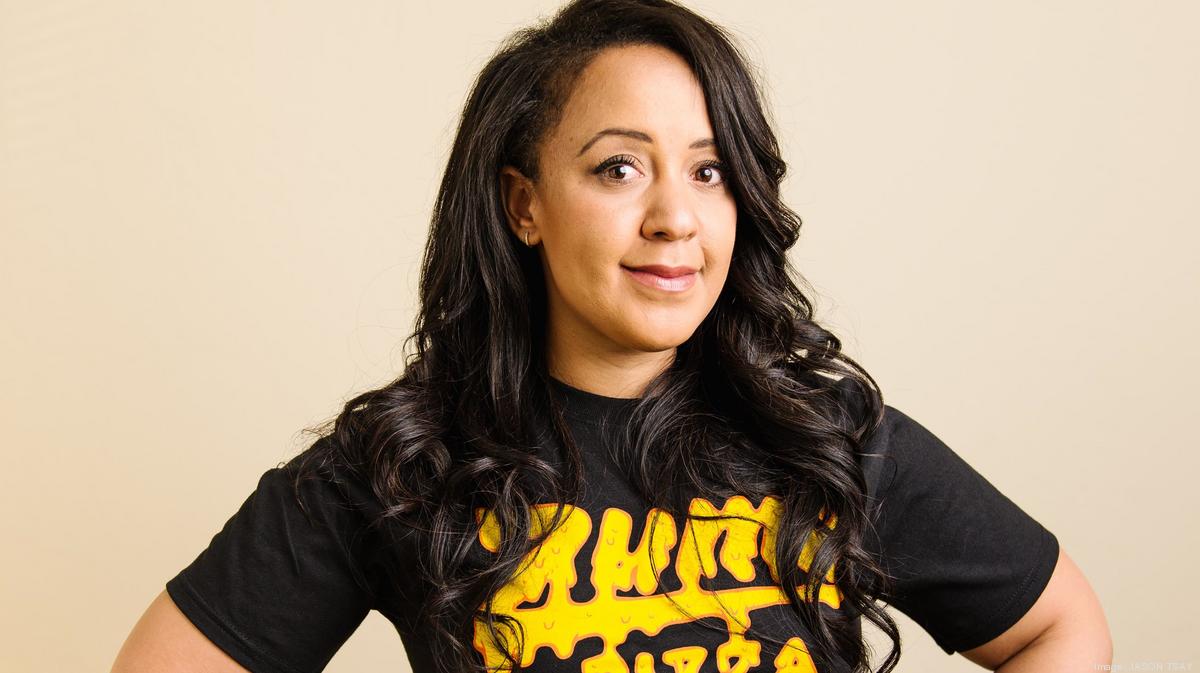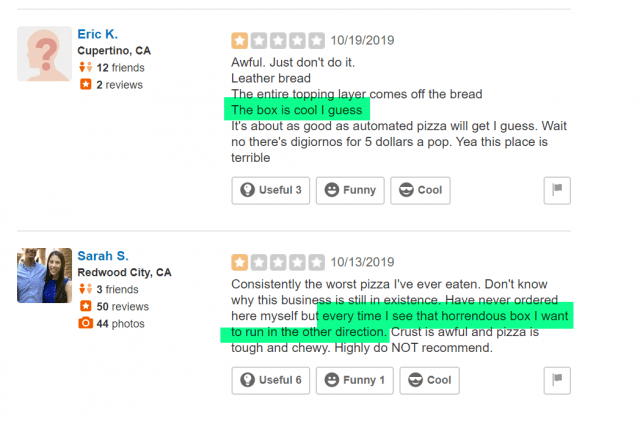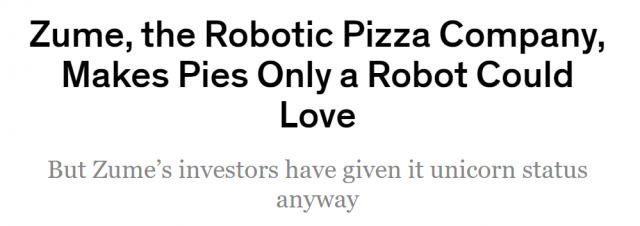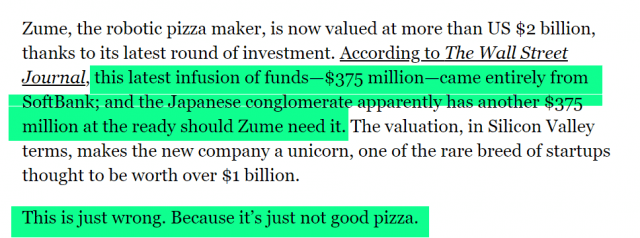Preface to all posts: in an effort to get me out of a lifelong rut of avoiding humans and events at all costs, some friends are having me spend the weekend at a musical event. I’m driving very extensively and will be largely offline, so I’m putting up some Very Best of Slope posts in my absence. See you Monday morning!
SoftBank’s $4 Billion Pizza
Anyone who lives in the Silicon Valley has almost certainly seen one of these parked on a public street:

This is the Zume pizza van. They’ve been around for a few years and, briefly stated, their business model is using robots to make a pizza which is delivered to your door. Kind of interesting, right?
Not parked on a public street is the woman below, Julia Collins, who founded Zume and definitely knows her way around a good pizza. Until quite recently, she was heralded as the first black woman to have founded a unicorn company. Also, until quite recently, she was extremely rich on paper.

So what was Zume’s pitch to prospective customers like myself? Simple: by not paying for an expensive storefront, they could create high quality pizzas at a reduced cost. Here, in their own words, from their homepage:

And if you’re going to start a novel high-tech company, there’s no better place to start it than a novel high-tech area like the Silicon Valley. So that’s the only area they covered. So let me be clear from the outset: this is a company that sold pizzas to a small geographic region. Just so we’re clear.

Now, I’ve had plenty of pizzas through the years, and I suspect you have too. When it comes to a pizza company, what’s the most important thing to consumers? How the pizzas are created? The color of the founder of the company? What their uniforms are like? Of course not. One thing and only one thing matters when it comes to pizza, and that is: how it tastes.
Since its founding a few years ago, Zume has about 500 reviews on Yelp, and they are – – to put it kindly – – mixed. Indeed, I don’t think I recall every seeing such an even spread of ratings for anything. Typically a successful company will be heavy with 5-star and 4-star ratings, and there will invariably be a handful of 1-stars from people who had very specific complaints (“The guy was 3 minutes late and smelled like cigarettes!”) that really has nothing to do with the product. But Zume, however………

Having thumbed through the bad reviews, I can assure you that they aren’t all from people who just happened to be having a bad night. Generally speaking, they pretty much universally declare the pizza isn’t very good. But one curious object kept popping up in the reviews: the box. The pizza box. Remember that, because it’ll come up later.

Now, in a normal world, how much does it start to create a new pizza company? I’ve never done so, but I’m guessing a few hundred thousand dollars. Oh, hell, let’s be generous and say a million. For a million bucks, I’m sure you could lease a nice storefront, get it equipped with good quality fixtures………and furniture, chairs, lights, linens. Having money in the bank for staff. The whole shebang.
Zume, however, didn’t raise a million bucks. On the contrary, it raised nearly half a billion dollars. And, keep in mind, there are no storefronts. It’s basically Zume vans with pizza-making robots roaming from place to place. And who poured the most money into this venture? SoftBank, who else? Yes, the fabled backers of such flameouts as WeWork also dumped $375 million of their (well, their investors) money into Zume. And they pledged another round just as big.
So, returning to the pizzas, the chilly reviews didn’t just come from Yelpers. It also came from professional journalists. Here, for instance, is this damning headline:

(As a side note, I have never once in my life referred to a pizza as a “pie”, nor have I heard anyone else do so. Maybe it’s a geographical thing).
The article goes on to state, perhaps kindly, that “it’s just not good pizza” and decries the fact that this maker-of-not-good-pies has a billion dollar valuation.

This article had a flurry of comments, virtually all of them agreeing with the assessment, although one chap sang high praise for the pizza. One of the other readers on the site retorted, perhaps correctly, “Thanks for the point of view, Masayoshi Son.“

Well, most of us are well acquainted with how SoftBank operates, at least until the WeWork catastrophe. They magically were able to find subsequent investors to put money in as ostensibly higher and higher valuations. This makes their own stake worth more, at least on paper. It was only two short months ago that this headline appeared.

The article mentioned that SoftBank would be joining the new investors but “not to lead the round.” Yeah, you probably didn’t have to tell us that.

You probably know where all this is leading to. And remember, the $4 billion valuation was only two months ago. This, however, is the latest information:

I think it’s actually higher than 80%, actually, but I’m not sure. My understanding is that everyone is getting fired except for a skeleton crew.
And it’s not that shocking. This snippet points out that Zume does indeed manages to do what no other local pizza chain has ever done, which is lose $50 million year after year. I guess they’ll make it up in volume, right?

And what does Zume have to say about all this? Well, remember those pizza boxes? Zume sure does. They’re awfully proud of them:

Well, apparently that’s pretty much the “pivot” the company is taking. Their cool-ass food boxes. Or, as the company puts it, they are going to devote Zume to what has met with success, which is “food packaging.”
And, thus, Masoyoshi Son finds himself where he always is finding himself these days: with a failed unicorn and completely under water.


